

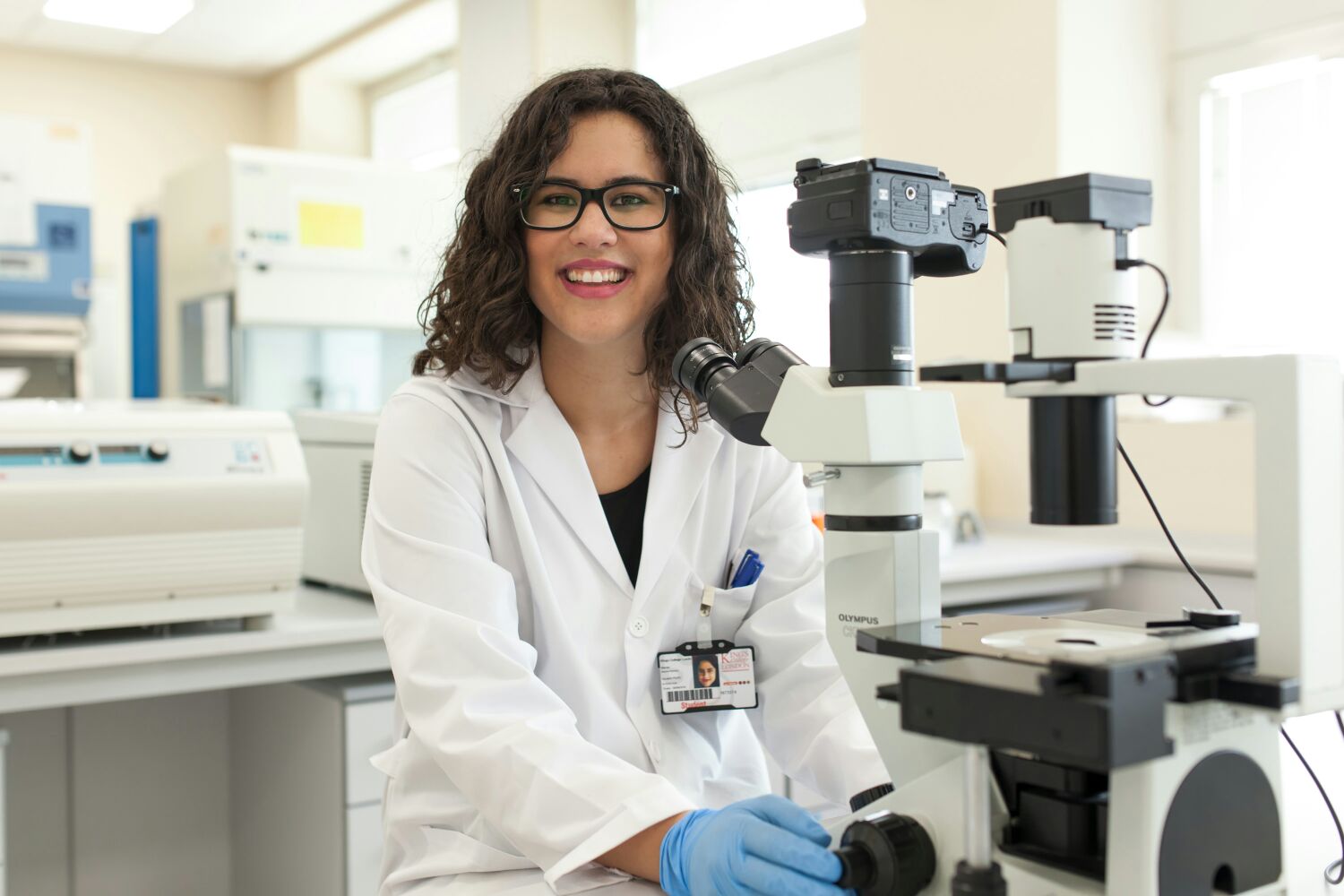
13 March 2017
Marian Blanca Ramírez from the Institute of Parasitology and Biomedicine López-Neyra at the CSIC in Spain has been studying the effects of LRRK2, a protein associated with Parkinson’s disease, on cell motility and its association with stable microtubules. Her PhD research had led her to hypothesise that increased association between LRRK2 and microtubules might alter cell motility. To help her test this hypothesis, she applied for a Travelling Fellowship from the Journal of Cell Science to spend time in Prof Maddy Parson’s lab at King’s College, London, learning how to perform 2D and 3D cell migration assays. …
7 July 2015
The Japanese Society for Developmental Biologists (JSDB) has long understood the importance of global exchange of ideas and learnings and has been increasing its internationalisation efforts as a result. Today all of the talks at its annual meeting are held in English and incorporate a joint symposium with an overseas developmental biology society.
In 2008, JSDB co-organized its annual meeting with the International Society of Developmental Biologists (ISDB). Since 2010, the JSDB has been co-hosting its annual meeting with the …
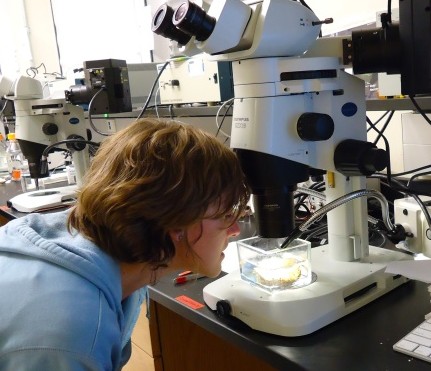
7 July 2015
A Travelling Fellowship from Development gave Alice Accorsi the inspiration and the means to collaborate in her research into the freshwater gastropod, Pomacea canaliculata. …

7 July 2015
The remote Galapagos Islands provide the ideal opportunity to investigate discrete populations of birds – and Darwin’s Finches are one of the most important and most studied groups of all. However the islands’ isolation makes research there both difficult and expensive.
A Travelling Fellowship from Journal of Experimental Biology gave Danielle Levesque (a Postdoctoral Researcher at the Institute of Biodiversity and Environmental Conservation, Universiti Malaysia Sarawak) the opportunity to join a team of international researchers investigating a specific feature of birds …
19 May 2015
Sandra Bermeo, a PhD student at the University of Sydney, Australia took advantage of a Travelling Fellowship from the Journal of Cell Science to visit the laboratory of one of the best known researchers of Mesenchymal Stem Cell (MSC) biology, Professor Moustapha Kassem.
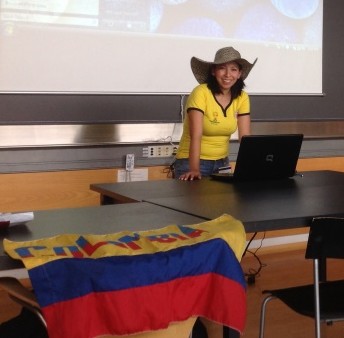
At Professor Kassem’s lab, KMEB in Southern Denmark University Odense, Denmark, Sandra found that colleagues were keen to share their experience, demonstrate techniques and show how they approached experiments. She gained hands-on experience
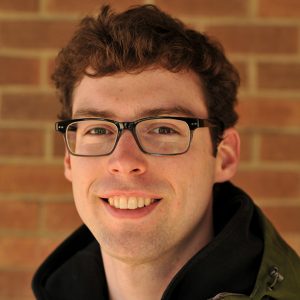
13 March 2017
Eukaryotic cells traffic vesicles and cargo through a system of organelles, which allows them to carrying out processes such as endocytosis and exocytosis. Lael Barlow from the Department of Cell Biology at the University of Alberta, Canada, studies the evolution of proteins involved in membrane trafficking, including components of Adaptor and SNARE protein complexes. His bioinformatics work suggests differences in how membrane trafficking occurs in single-celled eukaryotes compared with animals and fungi. …
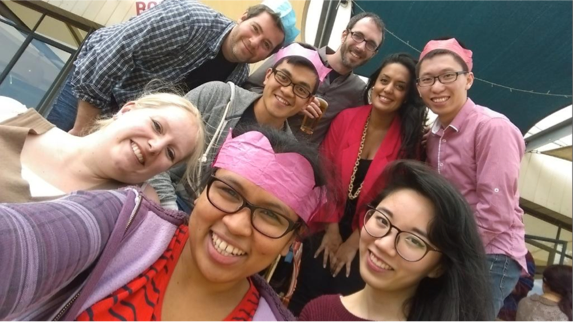
7 July 2015
Mirana Ramialison has been able set up her own lab at the Australian Regenerative Medicine Institute in Melbourne – thanks in part to Development. …
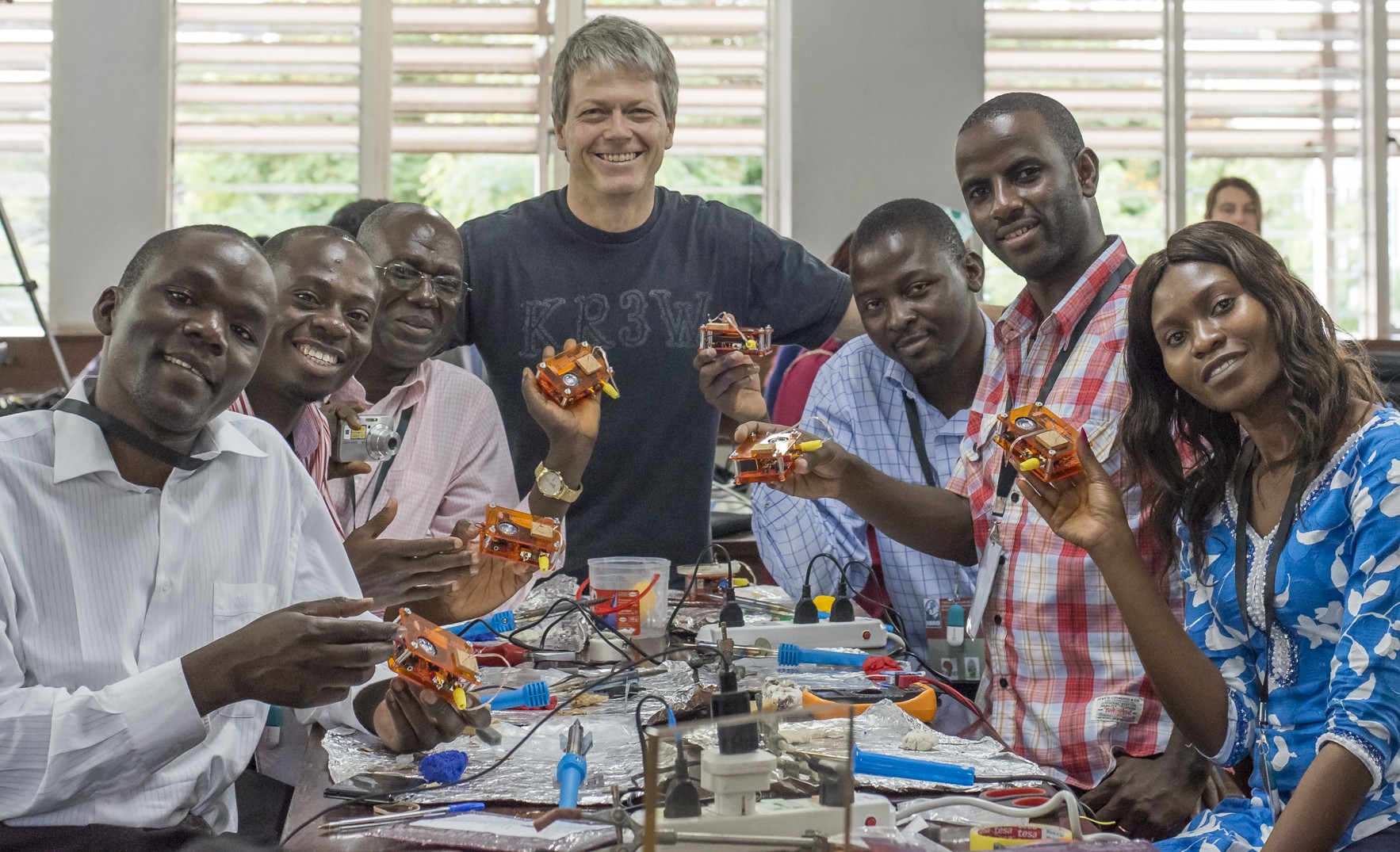
7 July 2015
In 2006 Lucia Prieto, a PhD student at the University of Cambridge, UK, and Sadiq Yusuf, a Professor at the Kampala International University, Uganda, met while attending a Neural Systems and Behaviour course in Woods Hole, MA. …
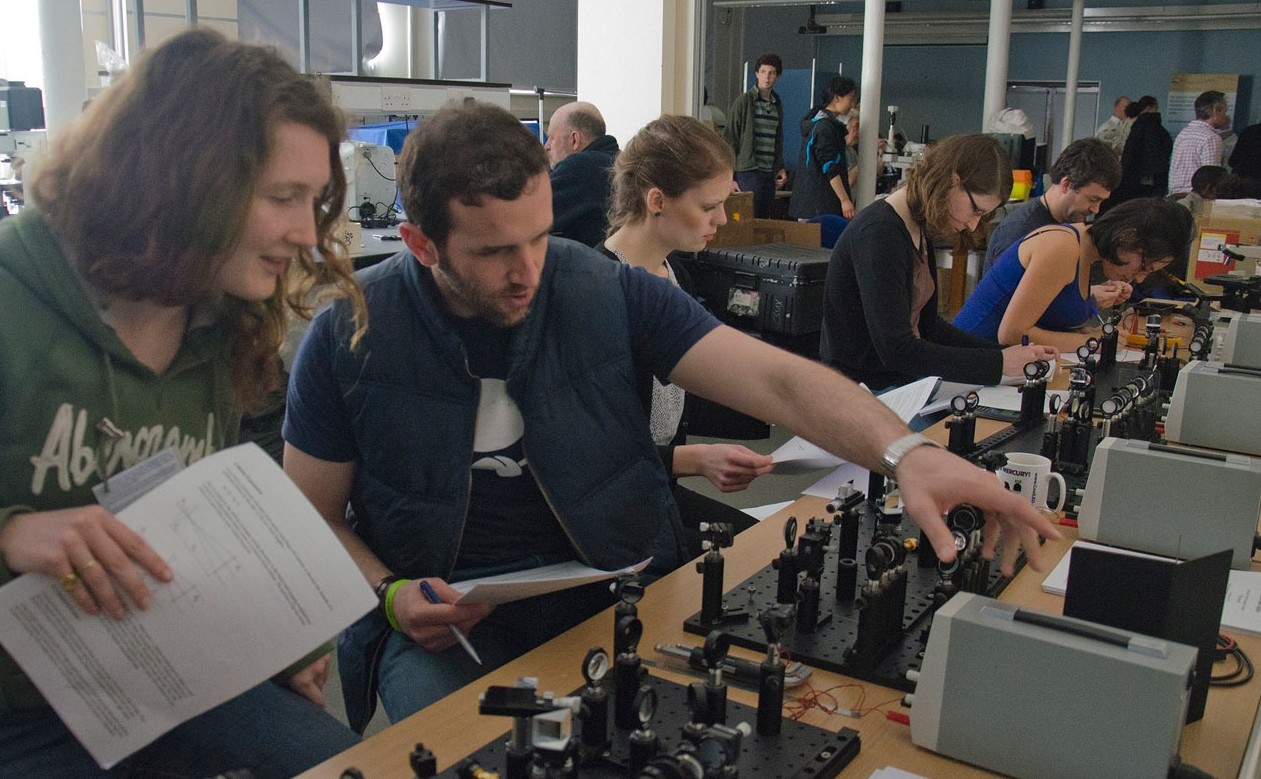
7 July 2015
The annual course in advanced optical microscopy at the Plymouth Laboratory of the Marine Biological Association is one of the most important in the world. The ten days are unusual in combining basic training in optics and practical work with optical benches, with an intensive schedule of lectures in topics ranging from bioluminescence to laser physics. Every year microscope equipment exceeding 2 million pounds in value is brought into the Plymouth Lab by the manufacturers and …

19 May 2015
A Travelling Fellowship from Disease Models & Mechanisms gave Natalie Matosin a unique opportunity to join a project within the Schmidt group at the Max Planck Institute of Psychiatry. The project built on the group’s work on the role of mGluR5/Homer1 linkages in animal models of stress-related neuropsychiatric disorders.
This opportunity enabled Natalie not only to collaborate …
You must be logged in to post a comment.